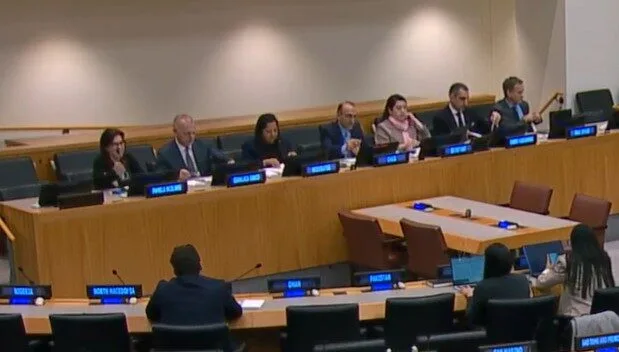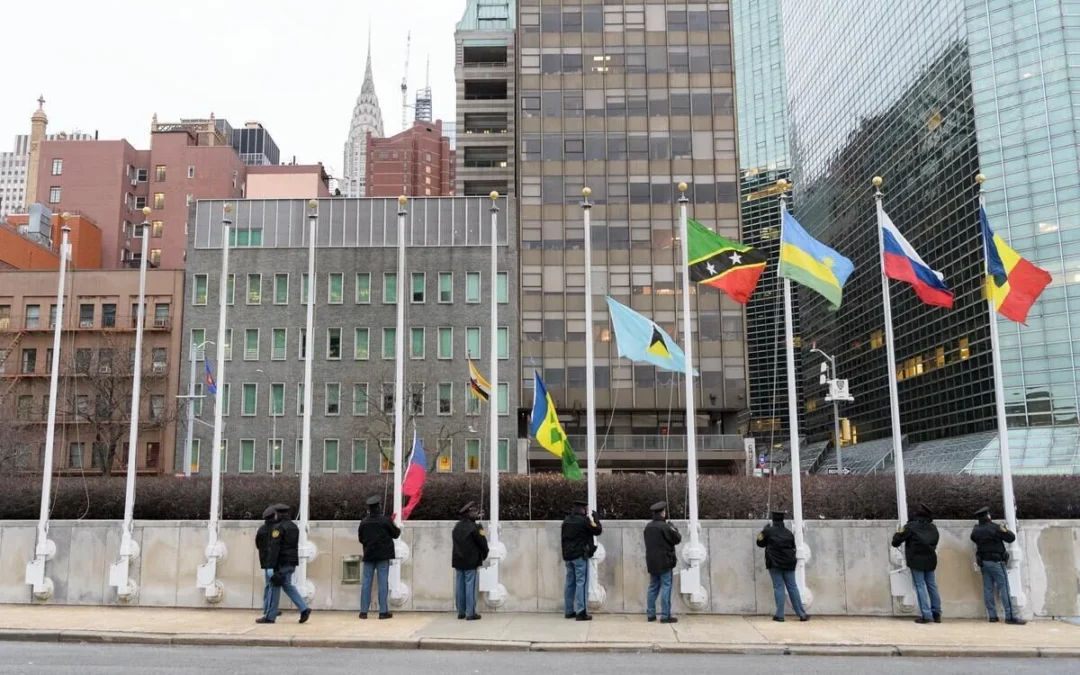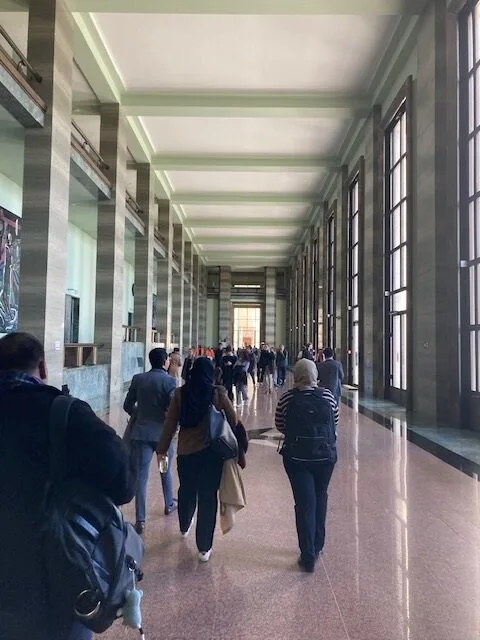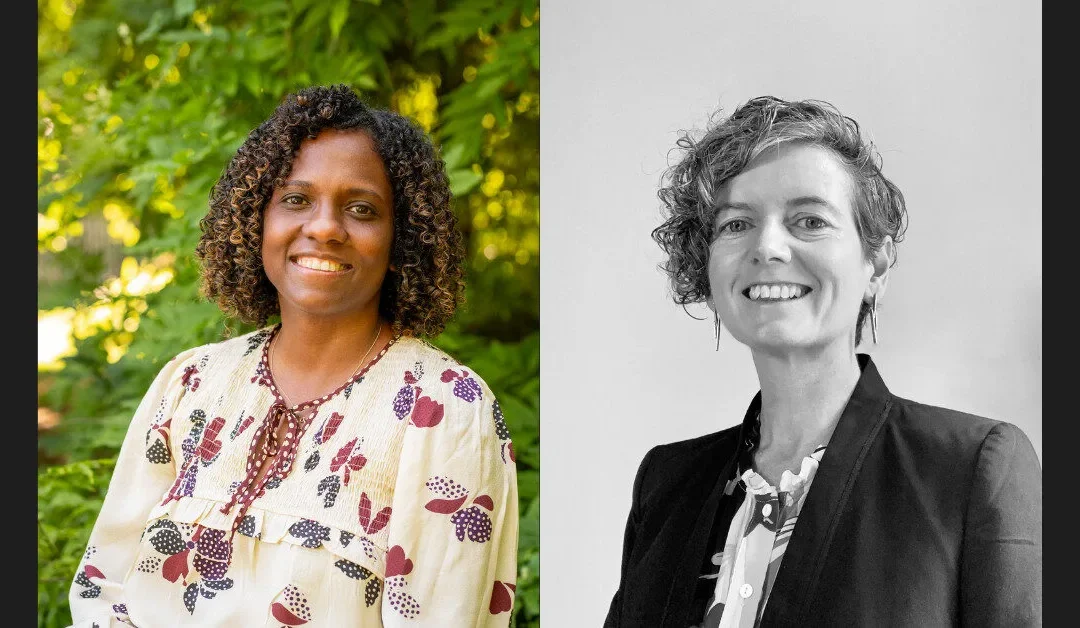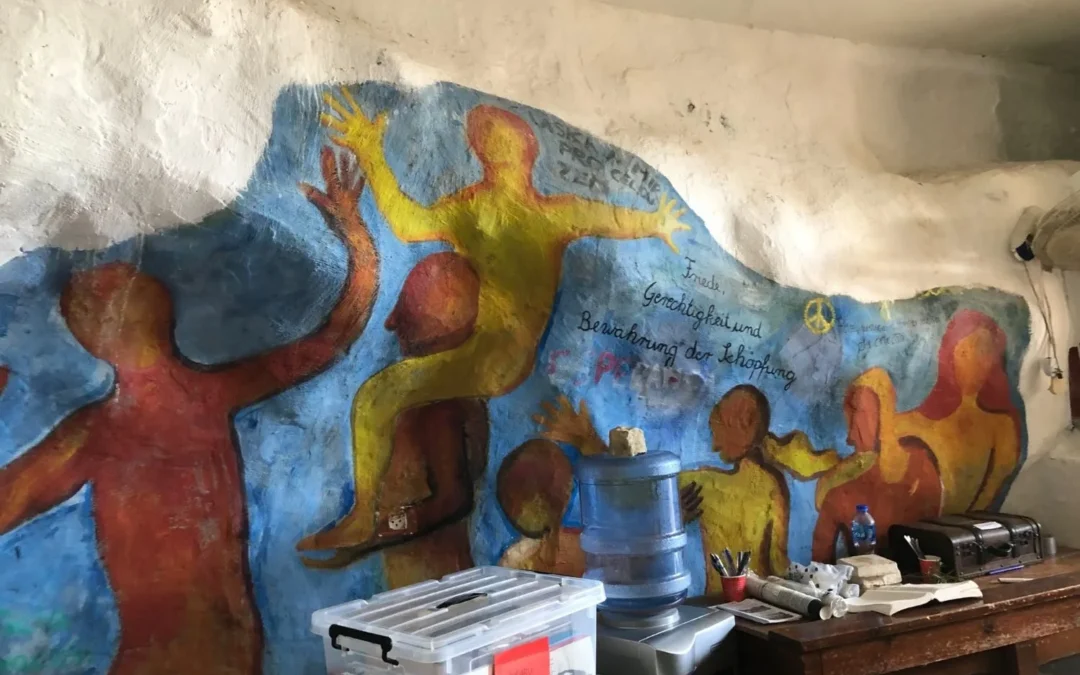QUNO NY Representative Kavita Desai had the rare opportunity to moderate a panel at the United Nations entitled “Investing in Resilience to Safeguard the Sustainable Development Goals” during a special event held on October 16, 2025, hosted by the UN Office for Disaster Risk Reduction (UNDRR) and the UN Economic and Financial Committee.
The UNDRR event, “Towards a Risk-informed approach to Development: Financing Resilient Development Today for a Sustainable Tomorrow,” highlighted the need to increase investment in disaster protection measures such as early warning systems, community protection plans, and resilient infrastructure to safeguard progress made towards achieving the Sustainable Development Goals (SDGs), a series of 17 globally agreed-upon goals that form a blueprint for sustainable peace and prosperity. As Desai noted in her opening remarks, “It is well known that an ounce of prevention is worth a pound of cure…investing in DRR saves resources in the long-term and futureproofs development gains.”
Desai’s panel provided valuable insight on the necessity of financing resilient development, warning that progress towards the SDGs has been limited and that current investments in disaster risk and resilience account for only about 25% of actual needs in many countries. The panel noted that this funding gap emerges in stark contrast to increased global military funding.
A simultaneous priority of the panel was to highlight the role of civil society, academia, local governments, and sub-national stakeholders in effective resilience building. “Our office [the Quaker United Nations Office] was set up to create connections and partnerships that help the UN build peaceful and just communities…civil society organizations, faith based or otherwise, are often first responders in times of crisis,” said Desai. “From the local to the international level, they bring unique knowledge of the needs of communities that are critical to shaping policies and investments towards building resilience and ensuring resources reach the most vulnerable.” This role for sub-national stakeholders was echoed by panelist Dr. Paul Smoke, Director of the NYU Center for Global Cooperation, who stressed the key role that local governments play in planning, implementing, and maintaining risk and resilience mechanisms. As summed up by Dr. Pamela McElwee, Professor of Human Ecology at Rutgers University, “There is a role for everyone [in resilience building]. Since crises are interlinked, it is important that we have cooperative efforts.”
The Quaker United Nations Office has been actively involved in promoting, implementing, and conducting research on the Sustainable Development Goals since their adoption in 2015. Desai spearheads Quaker UN Office efforts in New York, around SDG 16, which centers on building peaceful and inclusive societies, providing access to justice, and building effective, accountable, and inclusive institutions. The Quaker UN Office in Geneva also supports priorities across environmental SDGs through its Human Impacts of Climate Change program.
The Quaker UN Office is pleased to have the opportunity to cooperate with UNDRR during this General Assembly and extends its thanks to the Chair of the Second Committee, panelists, and event organizers. A concept note from the panel is available here.

